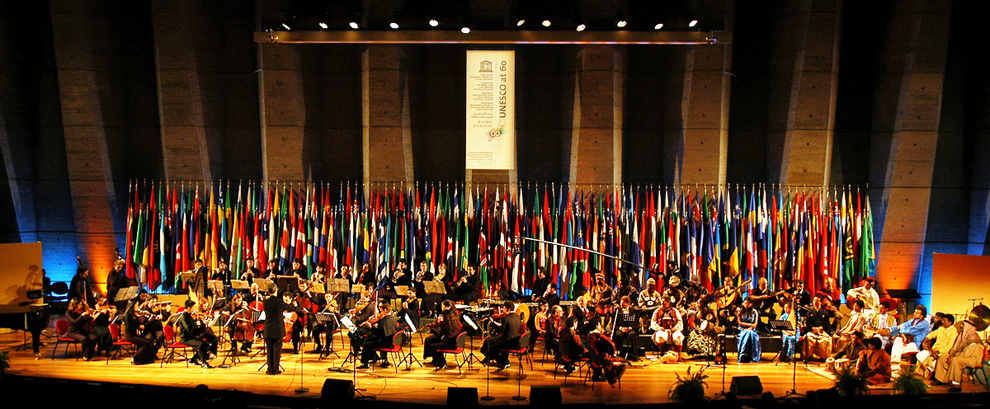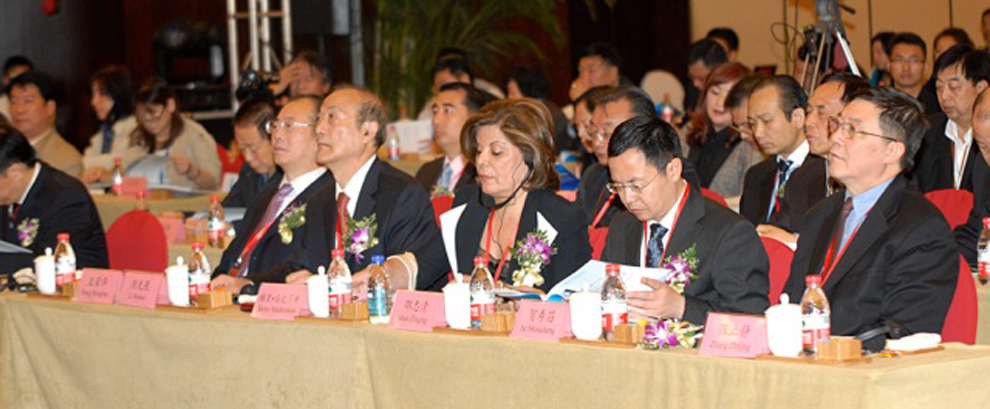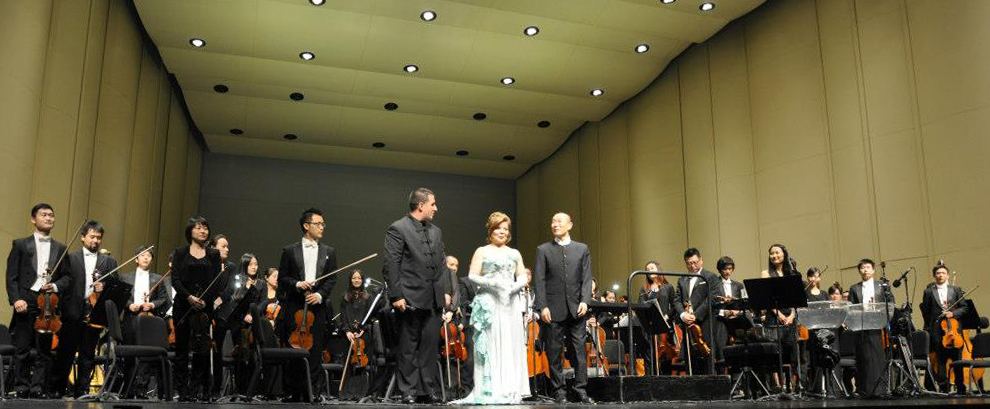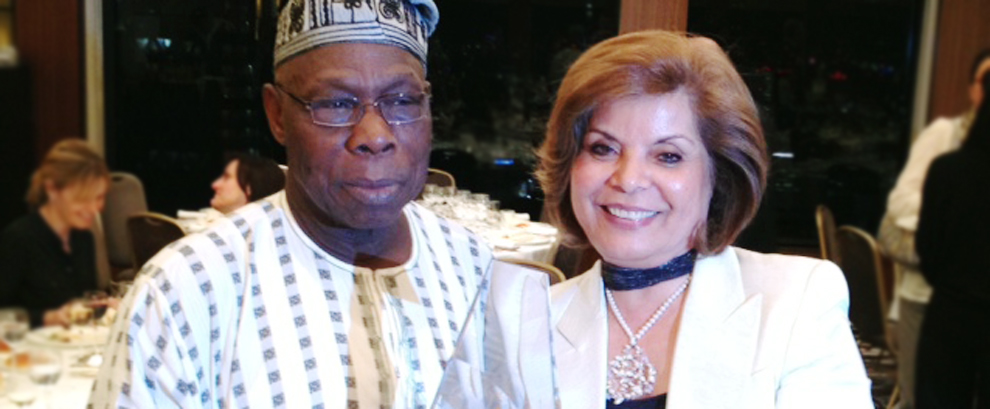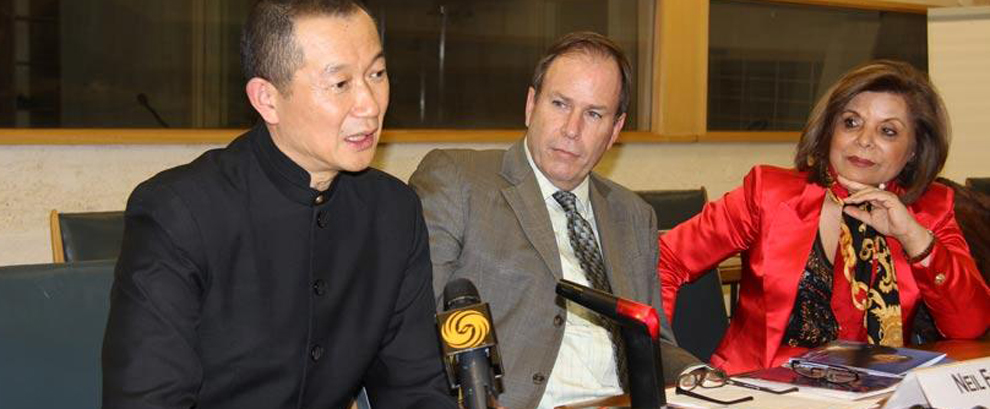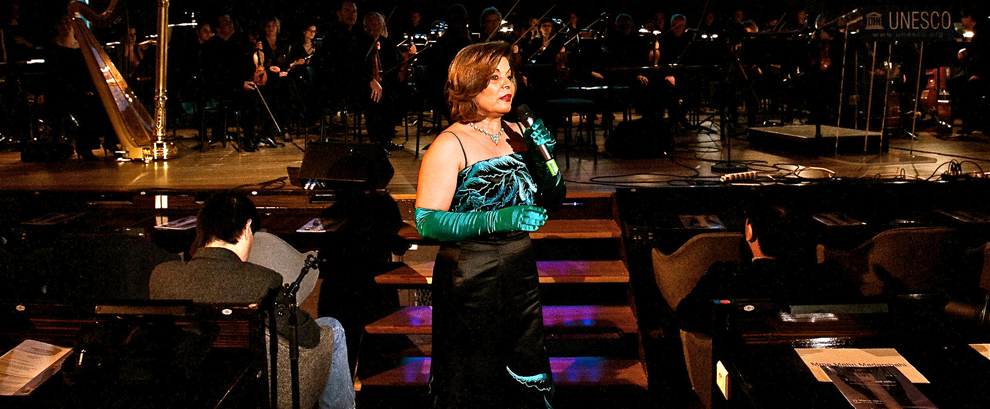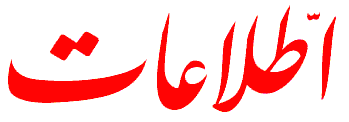
BY MEHRI MADARSHAHI D’ORVILLE
PART I
The eyes of the entire world are again on Iran and its relationship with the West and in particular the United States. Are we on the verge of a genuine breakthrough and sea change in policies and strategies, or are we witnessing nothing but an elaborate game of smoke and mirrors?
A flashback: on 29 January 2002, in his State of the Union address, President Bush declared his war on terror and identified States like Iran, Iraq and North Korea, as well as ط²their terrorist allies namely Syria and Libyaط³, as the ط²axis of evilط³. They were suspected of seeking weapons of mass destruction (WMD) and as such posing a grave and growing danger to the world peace. A year later, the landscape had changed dramatically: Iraq was invaded, Libya volunteered to abandon its nuclear ambitions under American pressure, Syria was silenced. Then, just a short while ago the six party negotiations with North Korea led to an agreement on nuclear disarmament. Iran, the last of the three axis powers, thus remains the last major threat.
President Bush is nearing the end of his term in the Oval Office and there are doubts whether or not he will precipitate a direct confrontation in line with his Administrationطµs formula ط²All options are on the tableط³. Other factors also play an increasingly important role: the immense stress placed on US ground forces in Iraq, war fatigue among the general public in the US, serious doubts about the assessment of Iranطµs nuclear capabilities and uncertainty about the reactions in the US and the world about an eventual military strike. In light of this, should the possibility of a military intervention wane, this may leave room for other avenues, including that of a proxy war.
Contradictory public statements, including those by Secretary of State, Condoleezza Rice, have given rise to assumptions as to what options vis-ث†-vis Iran could and would eventually be considered at this late stage. In her statement of 3 June 2008 to AIPAC she restated that ط²All options remain on the tableط³ and that “a regime that denies the Holocaust, threatens, murders its neighborsط³ citizens, and seeks to destroy a member of the United Nations should not be allowed to cross the nuclear threshold”. This corresponds to what President Bush stated a few weeks ago before the Knesset, ‘For the sake of peace, the world must not allow Iran to have a nuclear weapon.طµ
Various ط²strike packagesط³ and ط²strategic conceptsط³ for possible action against Iran have been developed and discussed by US strategists, often with the involvement of Israeli experts. Vice President Cheney declared in January 2008 that ط²the Israelis might well decide to act firstط³ hinting strongly at the proxy option. Are such veiled and implicit threats part and parcel of psychological and illusory war games and are they meant to keep the enemy on the edge?
Recent open declarations by Israeli officials on ط²unilateral action against Iranط³ also signaled a shift from the previously stated position that the ط²Iranian problem is a global problemط³.
Displaying their readiness for action, Israel conducted a few weeks ago a military maneuver across the eastern Mediterranean that was interpreted as a message to Iran to stop its nuclear activities or else. This ط²dress rehearsalط³ was meant be interpreted as a ط²writing on the wall, that If diplomacy does not yield results, Israel will take military steps to halt Tehranطµs production of bomb-grade uranium”.
Nevertheless, Israeli strategists unsure about reactions among the public in the Middle East and North and East Africa, who broadly favor Iran, decided to pursue simultaneously an appeasement policy with those perceived an immediate danger to the implementation of its putative master plan. As a first step, Israel decided to remove some stumbling blocks by striking deals with her sworn enemies, namely Hezbollah in Lebanon, Hamas in Gaza and President Assad in Syria. Such a strategy of appeasing Arabs was seen as denying Iran of possible sources of support from its proxies. While the sudden revival of the ط²land for peaceط³ proposal, driven by Qatari and Saudi interlocutors, may hold the promise of a Palestinian State, prisoners swap with Hezbollah and direct peace talks with Syria could also be seen as part of a grand design for an encirclement of Iran and denying it of external support which it counts on.
To push for a further isolation of Iran, other actors ط²important for the Middle East gambit – also needed to be enlisted. In his latest trip to Russia, the Saudi Foreign Minister, Prince Saud-al-Faisal offered a particular deal to Russia: in exchange for Moscowطµs phasing out cooperation with Teheran, the Saudis pledged to buy air defense systems, helicopters and tanks from Russia or, in other words: to facilitate Russiaطµs re-entry as a major player into the Middle East arena. Russia is one of the major trading partners of Iran and Moscow is helping Tehran to build its first nuclear power station in Bushir.
The most critical decision
The legendary US Senator William Fulbright once said: ط²The age of warrior kings and of warrior presidents has passed. The nuclear age calls for a different kind of leadership…. a leadership of intellect, judgment, tolerance and rationality, a leadership committed to human values, to world peace, and to the improvement of the human condition. The attributes upon which we must draw are the human attributes of compassion and common sense, of intellect and creative imagination, and of empathy and understanding between cultures”.
An attack on Iran would endanger the passage of a large share of oil from the Middle East. Iran controls the narrow waterway of the Strait of Hormuz, through which daily 40% of the world’s oil exports pass, and even a temporarily blockage of this passage could conceivably send oil prices to skyrocketing level with all negative effects on the world economy. Would the major countries of the European Union and the two permanent members of the UN Security Council, Russia and China, mandated with the solemn responsibility of maintaining international peace and security, stand by and allow the US and its proxies to engage in another ruinous war which may plunge the world into even greater instability and economic difficulties? But would such an attack really be able to eliminate all Iranطµs nuclear facilities dispersed across the country? What would be the reaction of countries within and outside the Middle East? How vulnerable would US forces in Iraq and Afghanistan be in the wake of an attack on Iran? How would the world deal with the deeply seated Iranian sense of nationalism? What would be the long-term price of any miscalculation?


